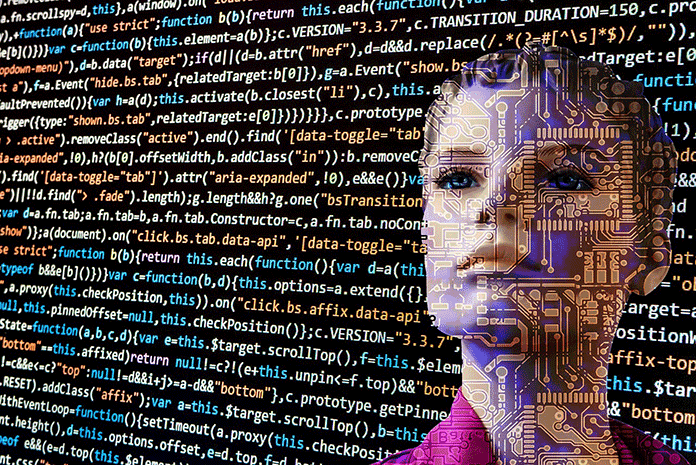AI or Artificial Intelligence, is impacting the daily life of every human, and this impact is increasing at a rapid rate. The perfect example is how a Japanese farmer Makoto Koike used Google's popular open-source machine learning framework and developed a deep learning model by which he was able to sort out the cucumbers by their shape, size, and other attributes. Though this system isn't perfect it is surely a sign about AI is able to transform even the smallest family-run businesses.
IT giants like Google, Microsoft, Amazon, Apple, and Facebook have realised the importance of AI and its transformative power. Some of the best examples of AI are Google's search and translation tools that are widely used across the globe and Amazon's recommendation system. Majority of the Fortune 500 companies have a dedicated team of AI data scientists. There is a great demand but a high shortage of data scientists, resulting in a Makoto-like scenario for small and medium-sized companies: while the eagerness is there to see how AI can improve their businesses, there is a dearth of qualified expertise.

There are many enterprises who can afford to hire a top AI expert, but even after hiring these experts they need to spend a huge amount on computing power to analyse and teach the neural networks to recognise certain patterns or objects. Machine learning as a service or cloud AI is now a major component of all the major cloud providers. Many of the cloud providers are offering AI to business applications by providing the customers with an access to deep learning models for image recognition as well with the tools that simplify the process of building, managing, training and deploying the customised models on the cloud.
All the major cloud providers provide similar platforms that help the deep learning experts to train, tune and deploy the models at scale. Amazon Rekognition and Google Translation are application programming interfaces built on pertaining models. You simply have to feed the data, images, and videos you want to be analysed for common objects or text you want translated and then wait for the API to serve the results.
The issue with this approach is that deep learning is typically used for solving a specific business problem, and it may not be able to address the other types of business problems. Hence it becomes difficult and very important to train the model of your own data if you are looking to customise the solution.
In order to bridge the gap between a highly customised network and the basic form of a ‘one-size fits all', Google recently launched Cloud AutoML, a system which uses customer data for automatically building a custom deep learning model.
There is a lot of data which is specific to an organisation, like how they are processing invoices or how they are checking the leads. Hence it becomes a challenge for the organisations to collect the data as many are not able to handle their data properly. All the major cloud providers are providing computational resources for training and deploying the deep learning models and making considerable sums from renting chips for this purpose.
As enterprise interest is increasing in AI, machine learning tools will be an essential part of any cloud computing service. It has been predicted that by 2021, a majority of the commercial apps will be using AI. Deep learning is being used by the people in a very specific way of solving the problem, and those businesses who do not know the specific problem are less likely to succeed.
Big companies have added advantage as they have the tagged data with them, but they will not go into the deep verticals. If you are a startup then you need to be creative. Here snowballing data comes into practice. One needs to develop an empathetic understanding of the problem you are solving for the customer. An empathic AI understands the natural language and it has the personality and emotional capabilities for a smoother interaction between humans and machines and helps in better decision making.
Studies have stated that when business owners are low in the emotional state, they are very cool-headed and hence tend to make bad decisions. They did the same thing when they were in a very high emotional state. When these traders were in between a cool head and highly emotional state they made their best trades. But machine learning has been built on the belief that best reasoning happens when the mind is separated from the body of emotions and it is on this theory today's AI has been built and created.





